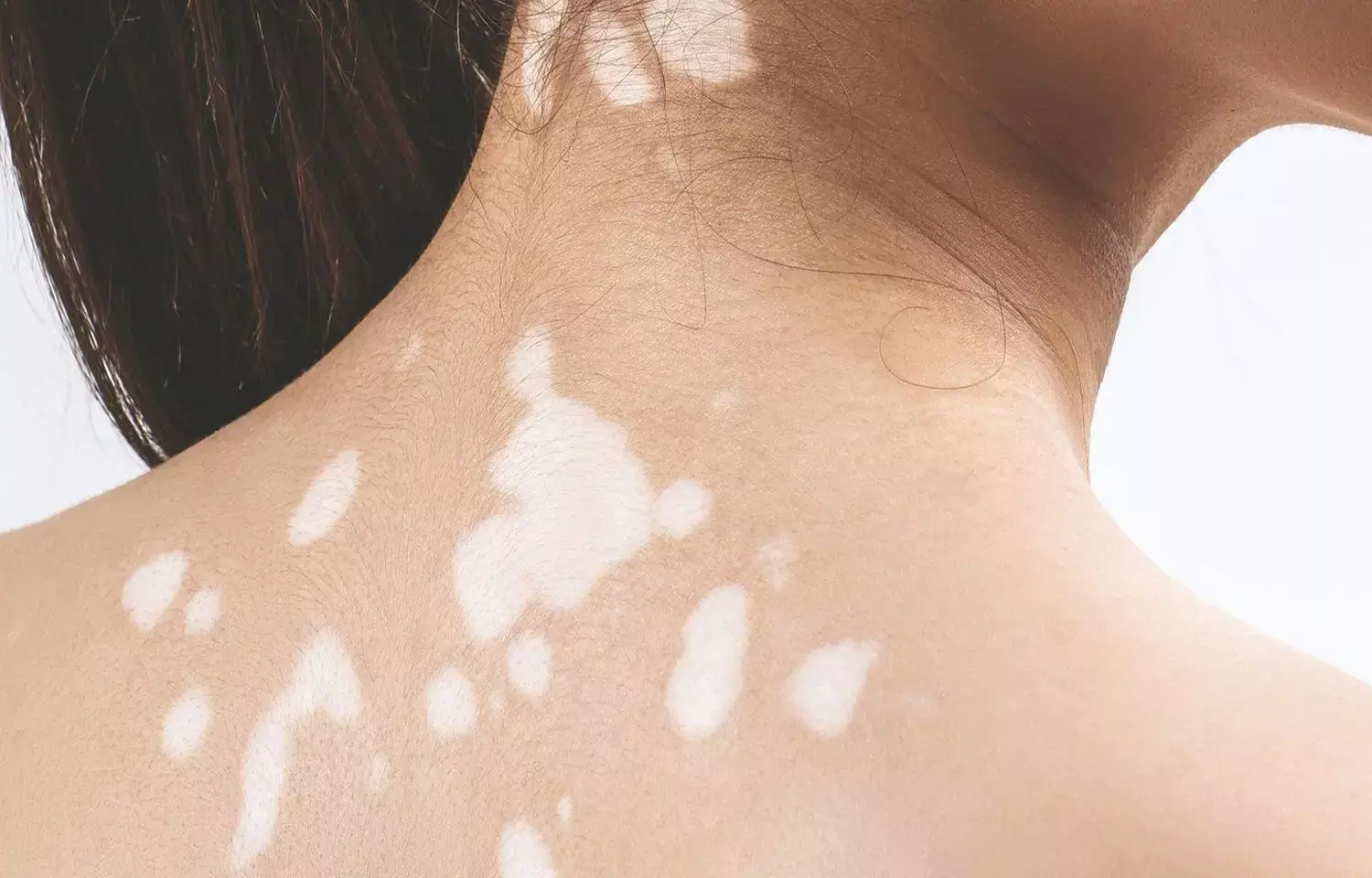- Home
- Medical news & Guidelines
- Anesthesiology
- Cardiology and CTVS
- Critical Care
- Dentistry
- Dermatology
- Diabetes and Endocrinology
- ENT
- Gastroenterology
- Medicine
- Nephrology
- Neurology
- Obstretics-Gynaecology
- Oncology
- Ophthalmology
- Orthopaedics
- Pediatrics-Neonatology
- Psychiatry
- Pulmonology
- Radiology
- Surgery
- Urology
- Laboratory Medicine
- Diet
- Nursing
- Paramedical
- Physiotherapy
- Health news
- Fact Check
- Bone Health Fact Check
- Brain Health Fact Check
- Cancer Related Fact Check
- Child Care Fact Check
- Dental and oral health fact check
- Diabetes and metabolic health fact check
- Diet and Nutrition Fact Check
- Eye and ENT Care Fact Check
- Fitness fact check
- Gut health fact check
- Heart health fact check
- Kidney health fact check
- Medical education fact check
- Men's health fact check
- Respiratory fact check
- Skin and hair care fact check
- Vaccine and Immunization fact check
- Women's health fact check
- AYUSH
- State News
- Andaman and Nicobar Islands
- Andhra Pradesh
- Arunachal Pradesh
- Assam
- Bihar
- Chandigarh
- Chattisgarh
- Dadra and Nagar Haveli
- Daman and Diu
- Delhi
- Goa
- Gujarat
- Haryana
- Himachal Pradesh
- Jammu & Kashmir
- Jharkhand
- Karnataka
- Kerala
- Ladakh
- Lakshadweep
- Madhya Pradesh
- Maharashtra
- Manipur
- Meghalaya
- Mizoram
- Nagaland
- Odisha
- Puducherry
- Punjab
- Rajasthan
- Sikkim
- Tamil Nadu
- Telangana
- Tripura
- Uttar Pradesh
- Uttrakhand
- West Bengal
- Medical Education
- Industry
Ruxolitinib Cream shows positive results in patients with Vitiligo

A recent Phase 3 TRuE-V clinical trial program revealed that patients treated with ruxolitinib cream 1.5% twice daily (BID) achieved a ≥75% improvement from baseline in the facial vitiligo area scoring index (F-VASI75) compared to patients treated with a vehicle control at Week 24.
Vitiligo is a chronic autoimmune disease characterized by depigmentation of skin that results from the loss of pigment-producing cells known as melanocytes. Over-activity of the JAK signaling pathway has been shown to drive inflammation involved in the pathogenesis and progression of vitiligo. It affects approximately 0.5% to 2.0% of the population globally.
Ruxolitinib cream is a proprietary formulation of Incyte's selective JAK1/JAK2 inhibitor ruxolitinib that has been designed for topical application. Ruxolitinib cream is currently in Phase 3 development for the treatment of atopic dermatitis (TRuE-AD) and for the treatment of adolescents and adults with vitiligo (TRuE-V).
While, the TRuE-V clinical trial program includes two Phase 3 studies, TRuE-V1 (NCT04052425) and TRuE-V2 (NCT04057573) which were conducted to evaluate the safety and efficacy of ruxolitinib cream in patients with vitiligo.
A total of approximately 300 patients with the age ≥12 years, diagnosed with non-segmental vitiligo and have depigmented areas including at least 0.5% of the body surface area (BSA) on the face, ≥0.5 facial vitiligo area severity index [F-VASI] score, at least 3% BSA on nonfacial areas, ≥3 total body Vitiligo Area Scoring Index [T-VASI] score and total BSA involvement (facial and nonfacial) of up to 10% were enrolled in the study.
Participants were randomized into two arms: 1.5% ruxolitinib cream twice daily (BID) and vehicle control for the 24-week double-blind period. Patients who successfully completed baseline and Week 24 assessments, including those that received vehicle control during the double-blind phase, were offered treatment extension with 1.5% ruxolitinib cream BID for an additional 28 weeks.
The primary endpoint of both studies in the TRuE-V program is the proportion of patients achieving F-VASI75, defined as at least a 75% improvement from baseline in the F-VASI score at Week 24.
However, the key secondary endpoints include: the percentage change from baseline in facial BSA (F-BSA) at Week 24, the proportion of patients achieving F-VASI50 (at least 50% improvement from baseline in the F-VASI), F-VASI90 (at least 90% improvement from baseline in the F-VASI) and T-VASI50 (at least 50% improvement from baseline in the T-VASI) at Week 24, the proportion of patients achieving F-VASI75, F-VASI90, T-VASI50 and T-VASI75 (at least 75% improvement from baseline in the T-VASI) at Week 52 and the proportion of patients achieving a Vitiligo Noticeability Scale (VNS) score of 4 (a lot less noticeable) or 5 (no longer noticeable) at Week 24.
The researchers further addressed the positive results of the study and confirmed the potential of ruxolitinib cream to be a meaningful treatment option for individuals living with and seeking treatment for their vitiligo.
Dr. Nandita Mohan is a practicing pediatric dentist with more than 5 years of clinical work experience. Along with this, she is equally interested in keeping herself up to date about the latest developments in the field of medicine and dentistry which is the driving force for her to be in association with Medical Dialogues. She also has her name attached with many publications; both national and international. She has pursued her BDS from Rajiv Gandhi University of Health Sciences, Bangalore and later went to enter her dream specialty (MDS) in the Department of Pedodontics and Preventive Dentistry from Pt. B.D. Sharma University of Health Sciences. Through all the years of experience, her core interest in learning something new has never stopped. She can be contacted at editorial@medicaldialogues.in. Contact no. 011-43720751
Dr Kamal Kant Kohli-MBBS, DTCD- a chest specialist with more than 30 years of practice and a flair for writing clinical articles, Dr Kamal Kant Kohli joined Medical Dialogues as a Chief Editor of Medical News. Besides writing articles, as an editor, he proofreads and verifies all the medical content published on Medical Dialogues including those coming from journals, studies,medical conferences,guidelines etc. Email: drkohli@medicaldialogues.in. Contact no. 011-43720751


